Feeler gauges are indispensable tools in the toolkit of any car garage, offering precision and accuracy for a range of automotive tasks. From engine adjustments to brake maintenance, these thin strips of metal play a crucial role in achieving optimal performance and safety. Let's explore why feeler gauges are among the best solutions for car garages.
Feeler gauges are essential for accurately setting the clearances between valve stems and rocker arms during engine valve adjustments. Proper valve clearance ensures optimal engine performance, fuel efficiency, and longevity. The thin, flexible nature of feeler gauges allows mechanics to measure and adjust with precision, ensuring that the engine operates smoothly.
Accurate spark plug gaps are crucial for efficient combustion in the engine cylinders. Feeler gauges provide a precise way to measure and adjust the gap between the center and ground electrode of spark plugs. This ensures proper ignition and prevents issues like misfires, improving overall engine performance.
Feeler gauges are valuable tools for inspecting and adjusting brake components. Mechanics can use feeler gauges to measure the thickness of brake pads, ensuring they meet safety standards. Additionally, feeler gauges assist in setting the correct clearance between brake shoe linings and drums, optimizing braking efficiency and preventing premature wear.
Feeler gauges play a role in adjusting clearances in transmission and clutch components. Mechanics use these gauges to measure the gap between clutch release bearings and pressure plates, ensuring proper engagement and disengagement. Precise adjustments with feeler gauges contribute to smoother shifting and improved overall transmission performance.
Feeler gauges are handy for checking and adjusting electrical contacts, particularly in distributor points and other ignition system components. The precise thickness of the feeler gauges helps mechanics ensure the correct gap between electrical contacts, promoting reliable ignition and preventing issues like misfiring or poor engine performance.
Feeler gauges are known for their consistency and reliability in measurements. Their thin, flat design allows for accurate readings, making them a preferred choice for tasks where precision is paramount. Mechanics can trust feeler gauges to provide consistent results, contributing to the overall quality of automotive maintenance and repair work.
Feeler gauges are versatile tools that find applications in various automotive tasks. Whether it's measuring gaps, clearances, or thickness, feeler gauges are adaptable to different components and systems within a vehicle. This versatility makes them a go-to solution for a wide range of diagnostic and maintenance procedures in car garages.
Feeler gauges stand as invaluable tools in car garages, offering precision, versatility, and reliability in various automotive applications. From engine adjustments to brake maintenance, the use of feeler gauges ensures that critical components are set to the precise specifications required for optimal performance, safety, and longevity in the world of automotive mechanics.
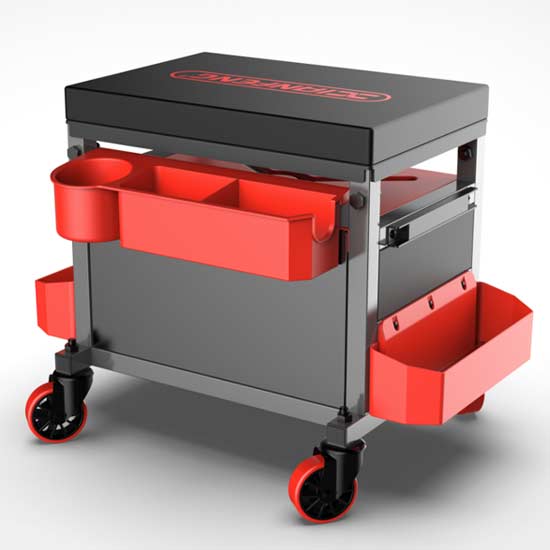 Tool seat
Tool seat
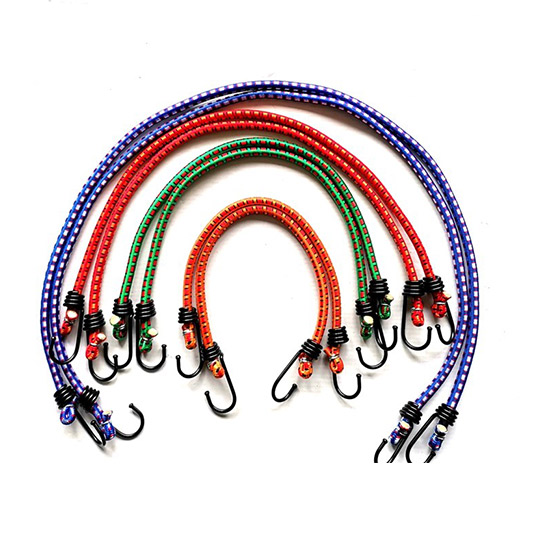 Stretch Cord
Stretch Cord
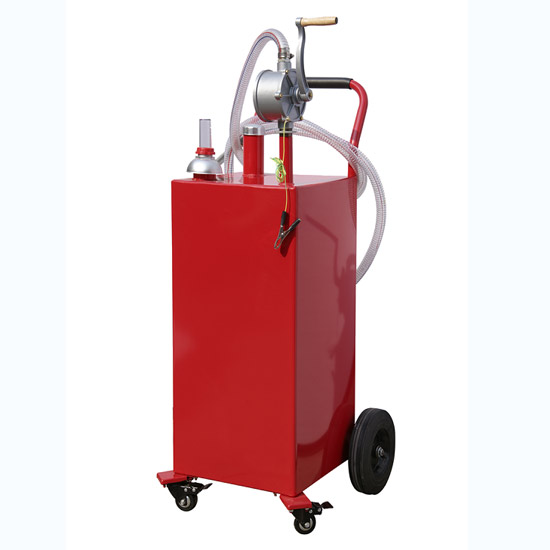 Oil Pump
Oil Pump
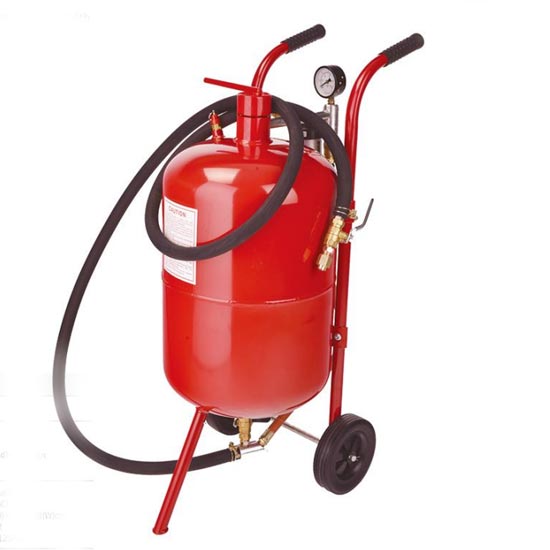 Sandblast Pot
Sandblast Pot
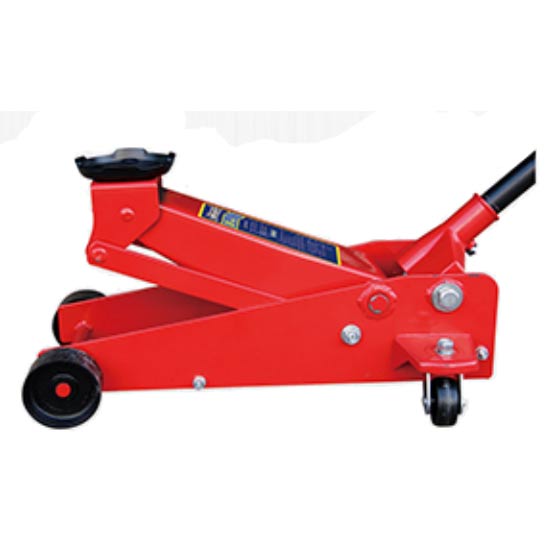 2.25 Ton Hydraulic Floor Jack
2.25 Ton Hydraulic Floor Jack
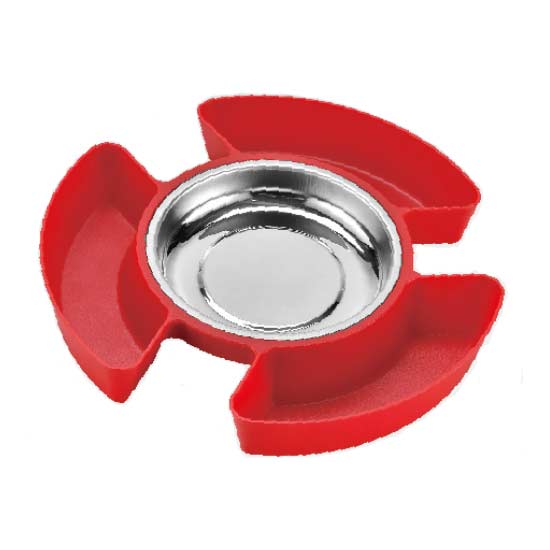 Magnetic Tray With Tool Plate
Magnetic Tray With Tool Plate
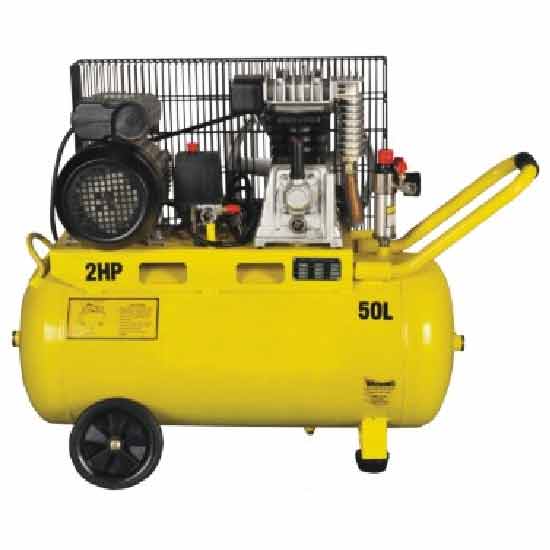 Single-stage Air-cool Movable Air Compressor
Single-stage Air-cool Movable Air Compressor
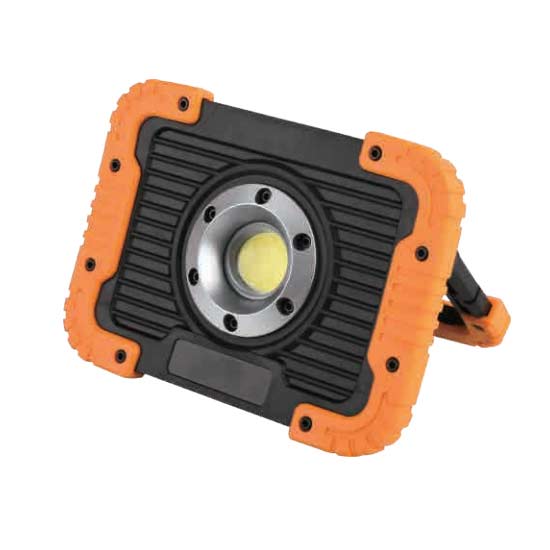 10W Rechargeable Led Flood Light
10W Rechargeable Led Flood Light
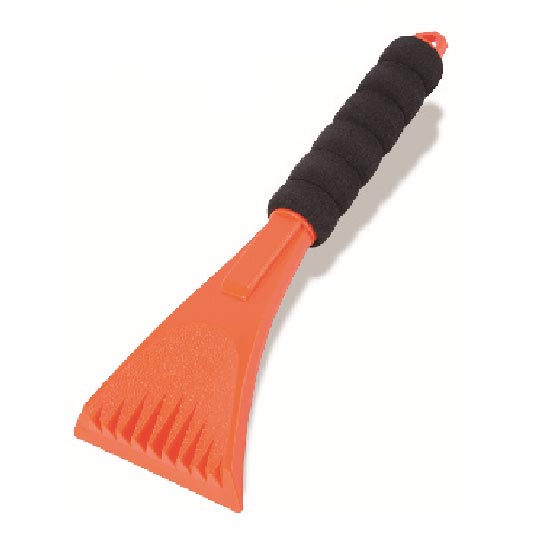 Ice Scraper
Ice Scraper
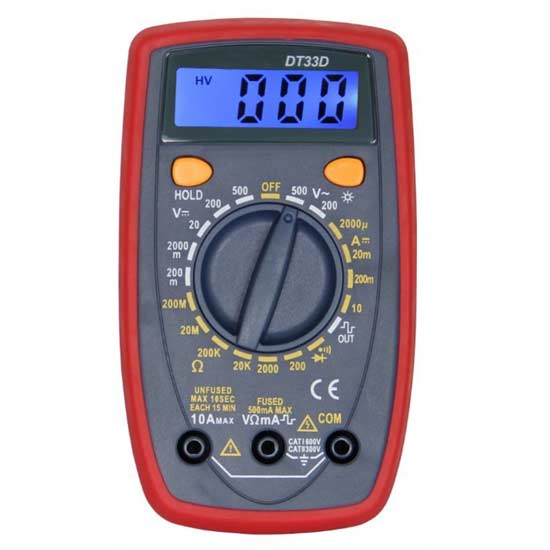 Small Multimeter with Backlight
Small Multimeter with Backlight
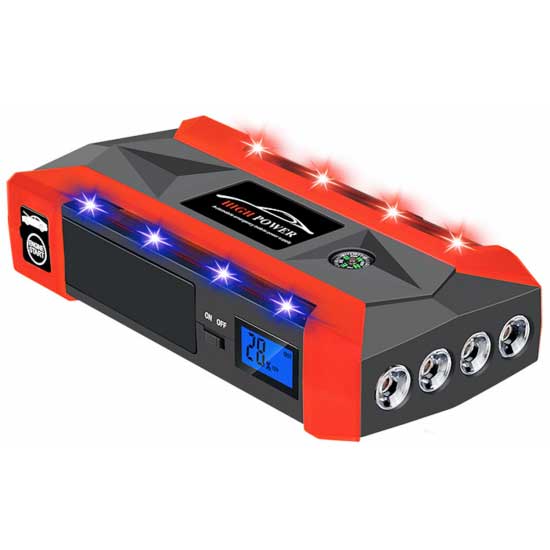 Jump Starter With 4 Led Lights
Jump Starter With 4 Led Lights
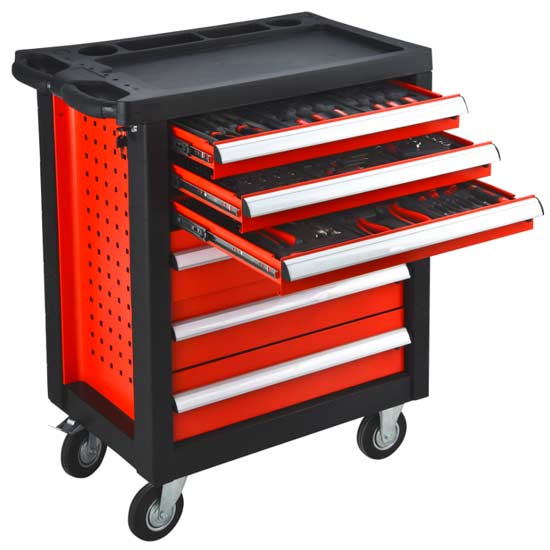 Steel Tool Cabinet
Steel Tool Cabinet
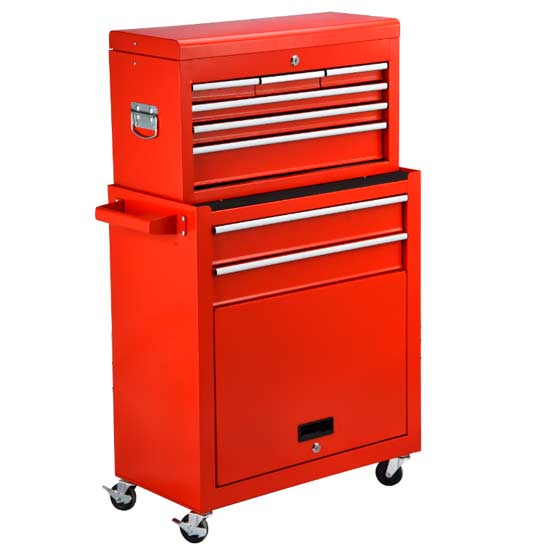 Large Tool Cabinet
Large Tool Cabinet
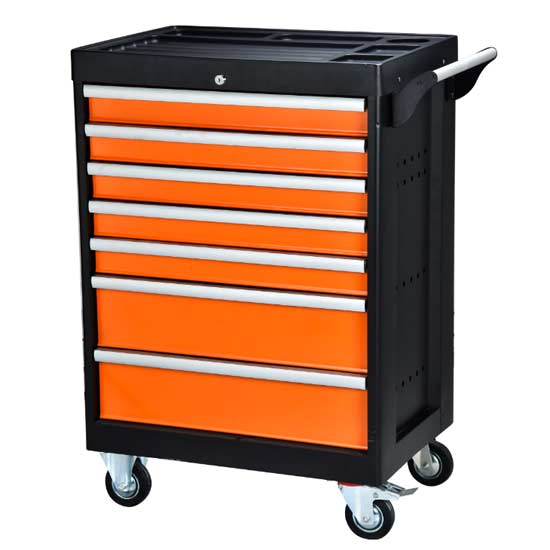 Tool Storage Cabinet
Tool Storage Cabinet
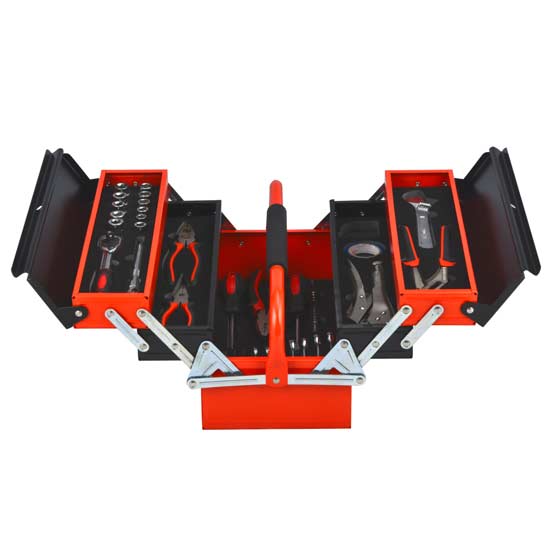 Metal Tool Box
Metal Tool Box
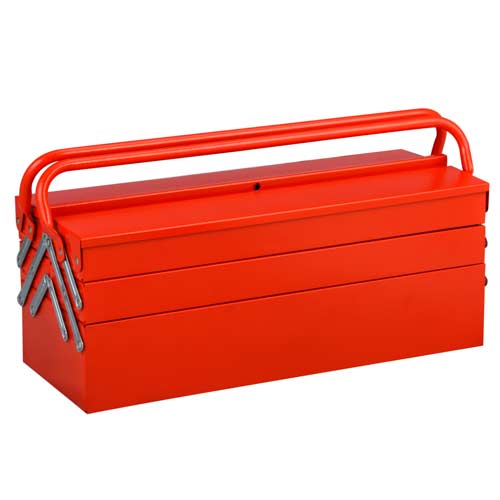 Large Metal Tool Storage Box
Large Metal Tool Storage Box
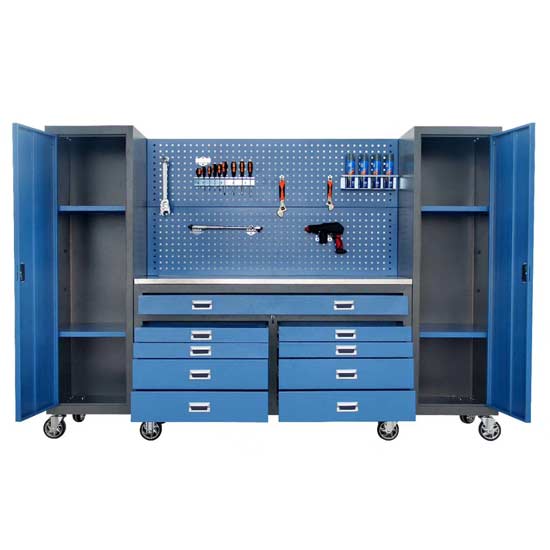 Blue Metal Tool Cabinet
Blue Metal Tool Cabinet
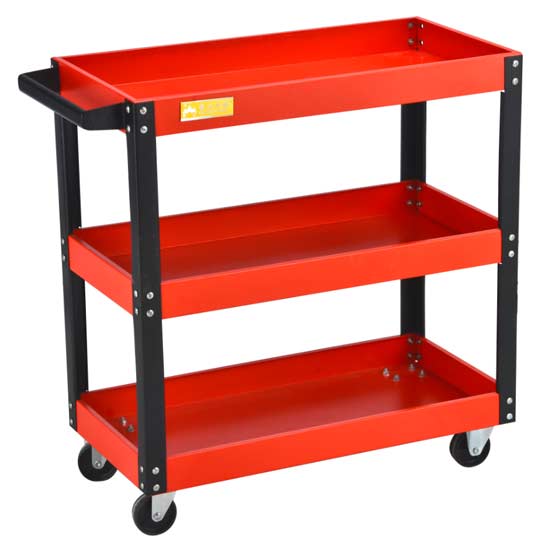 Red Steel Tool Trolley
Red Steel Tool Trolley
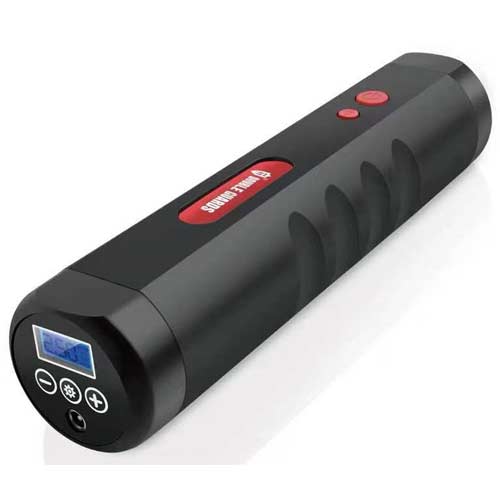 Portable Tire Inflator
Portable Tire Inflator
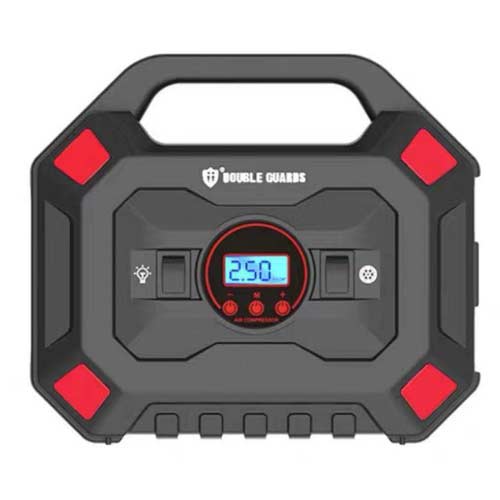 Custom Tire Inflator
Custom Tire Inflator
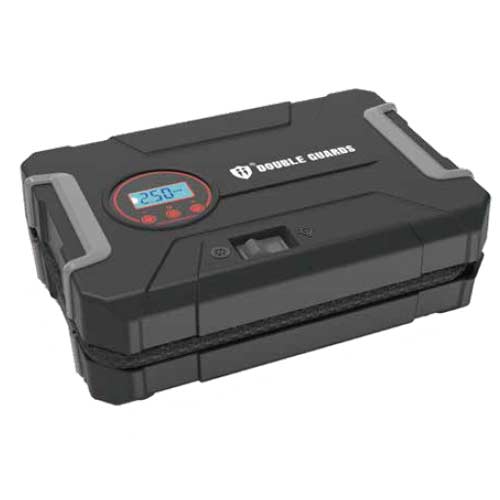 Tire Pressure Pump
Tire Pressure Pump
 Auto Emergency kit
Auto Emergency kit